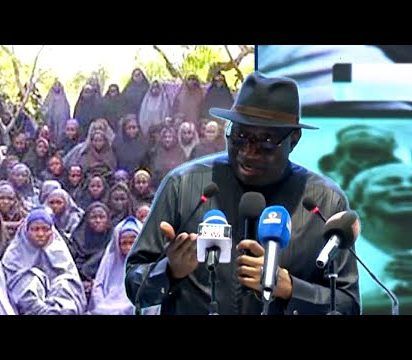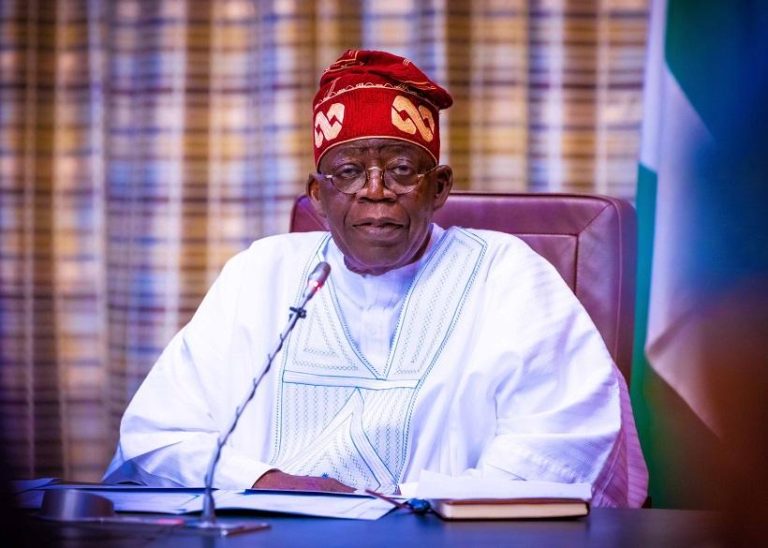
Former Nigerian President Goodluck Jonathan has described the 2014 abduction of schoolgirls in Chibok, Borno State, as a permanent scar on his legacy—one he will carry for life.
Jonathan spoke on Friday at the public presentation of SCARS: Nigeria’s Journey and the Boko Haram Conundrum, a memoir authored by former Chief of Defence Staff, General Lucky Irabor.
Praising Irabor as “a soldier who stood for truth and never played politics with security,” Jonathan reflected on the tragic events that continue to shadow his presidency.
“One of the major scars on my government is the Chibok girls. As Bishop Kukah said, no plastic or cosmetic surgeon can remove it. It is a scar I will die with,” he said.
The Abduction That Shocked the World
In April 2014, 276 girls were seized from their school by Boko Haram militants, triggering global outrage and the viral #BringBackOurGirls campaign. While many escaped or were released through negotiations, over 80 remain missing.
Jonathan acknowledged that Boko Haram predated his presidency, beginning in 2009 during the Umaru Musa Yar’Adua administration when he was vice president. But the insurgency escalated dramatically under his rule.
“I battled Boko Haram for five years as President. I thought Buhari would wipe them out quickly, but they remain,” he said, warning that the crisis is “far more complex than many assume.”
A Call for a New Strategy
The former president urged Nigeria to adopt fresh approaches, including a “carrot and stick” strategy, to address the insurgency.
He questioned why the conflict has dragged on since 2009 despite heavy military operations and international support.
Jonathan also pointed to the insurgents’ sophisticated weaponry as evidence of external backing:
“Sometimes they even had more munitions than our soldiers. That does not reflect the actions of hungry villagers.”
A Controversial Legacy
Jonathan’s government was widely criticised for its slow response to the Chibok abduction and reluctance to quickly accept foreign assistance. Civil society groups accused his administration of poor coordination and politicisation of the tragedy.
Defending himself, Jonathan said his initial silence was meant to safeguard intelligence operations and protect ongoing investigations.
The Unfinished Tragedy
More than a decade later, successive administrations have rescued or secured the release of 189 girls, yet dozens remain in captivity.
Survivors who have returned often face stigma, trauma, and disrupted education, with some bearing children born in captivity.
The Federal Government continues to insist that the safe return of the remaining Chibok girls—and of Leah Sharibu, another high-profile abductee—remains a national priority.



